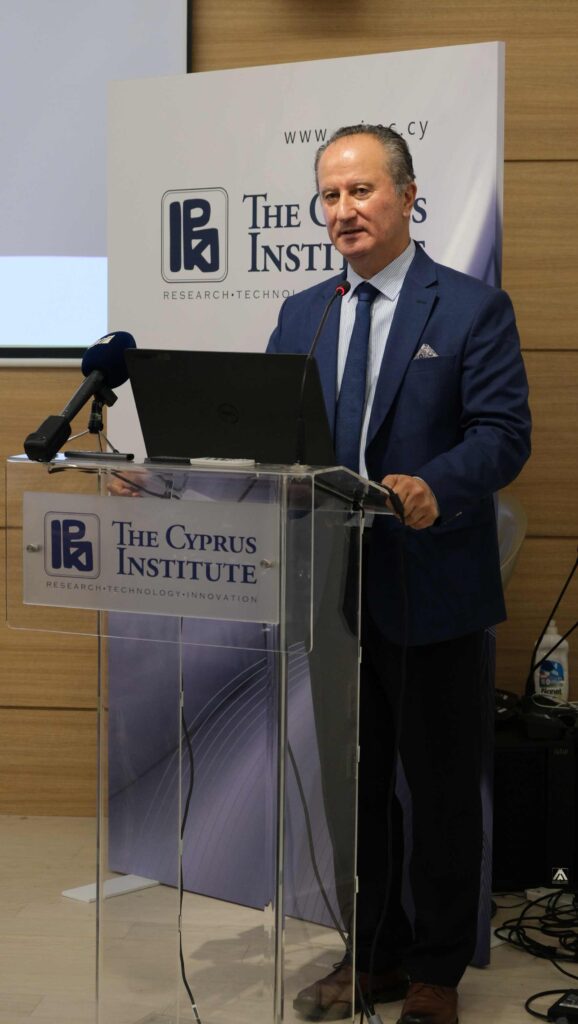The Cyprus Institute has developed an innovative pilot fire detection system based on satellite data and the processing power of its Supercomputer.
In fact, as part of its evaluation, the system detected the smoke source early and recorded with exceptional accuracy the spread of the fire during the recent devastating wildfire in mountainous Limassol.
Although still in its pilot stage, the data collected through the system was immediately made available to the Department of Forests and the Fire Service, and the information is already being used in related research on crisis management.
Specifically, according to the data recorded via the system on the Cyprus Institute’s Supercomputer, the first smoke source was detected around 13:22–13:32, while the fire’s spread was noted around 13:32–13:42.
The system is based on data from a geostationary satellite, which gives it a high level of reliability. Images are sent every 10 minutes and analysed by the Institute’s state-of-the-art computing system. The system detects smoke sources within a 1 km² radius and fire sources within a 2 km² radius.
Soon available to the state
The Cyprus Institute’s team is working at high speed so that within the next 24 hours the system will be fully available to the state authorities. The goal is that as soon as smoke or fire is detected, a red alert will be automatically activated, allowing immediate mobilisation of ground and aerial forces.
It is noted that the system does not monitor the initiation of ground or aerial operations but focuses exclusively on the precise detection of smoke and fire, thus contributing to the critical area of early warning.
As stated by the President of the Cyprus Institute, Professor Stavros Malas, “The timely detection of smoke and fire via this satellite system can radically change the way we approach forest fire prevention and response. Science can and must always stand at the forefront of these difficult situations. The Cyprus Institute, through its expertise and infrastructure, offers a prevention and rapid response tool that is unprecedented for our region.”
Harnessing nature for prevention
Alongside technology, Professor Malas highlighted the value of simple but effective prevention measures such as controlled grazing with cows and Cypriot goats, which can help remove dry vegetation. Equally important, he stressed, is the need for scattered ground forces in high-risk areas to enable immediate intervention when a fire is detected.
The Cyprus Institute once again confirms its role as a Centre of Excellence and scientific arm of the State, making a substantial contribution to the protection of Cyprus’s natural wealth and the country’s resilience against the climate crisis.

Source: Cyprus Institute
Also read: President Christodoulides reviews fire recovery progress in Limassol
For more videos and updates, check out our YouTube channel.


